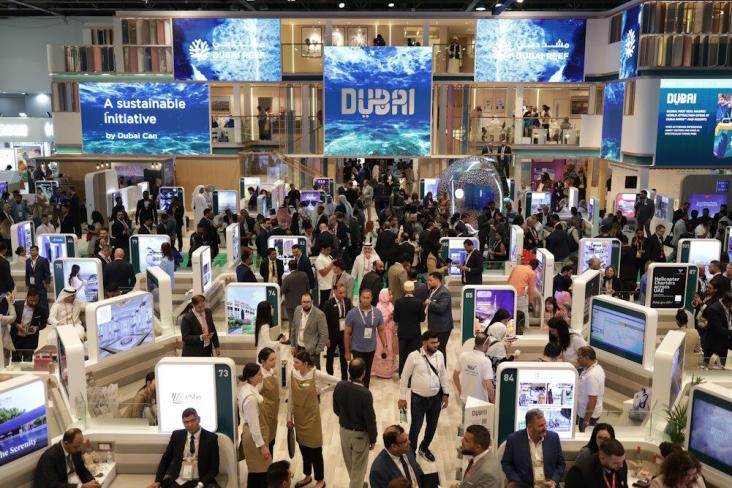Ensure access to affordable, reliable, sustainable and modern energy for all

SDGs have been added on Scopus' author profile pages, appearing under the rebranded “Impact” section.
Focusing on carbon capture, utilization, and storage (CCUS) technologies, this piece underscores their significance in realizing sustainability and carbon neutrality goals, particularly within challenging sectors.

More than 1100 people came together virtually on 18 June 2024 for the tenth edition of the RELX SDG Inspiration Day: "In the Age of AI: Information to Advance the UN Sustainable Development Goals (SDGs)." The annual online event brings together thought leaders, corporate representatives, students, investors, governments, and NGOs to explore pressing issues, gain practical insight, and inspire action on the United Nations Sustainable Development Goals (SDGs).

Recognising our customers' exceptional work to achieve the UN Sustainable Development Goals.
Gala, D., Khetan, S., & Mehendale, N. (2024). Assessing opportunities for enhanced lighting energy conservation via occupancy and daylight monitoring. Measurement: Energy, 3, 100015.
This article addresses SDGs 7, 12 and 13 by examining responsible energy consumption and automated systems that provide potential efficiencies through lighting optimization.
This paper systematically reviews the current state-of-the-art and future perspectives of AI in battery research and applications for EVs.

